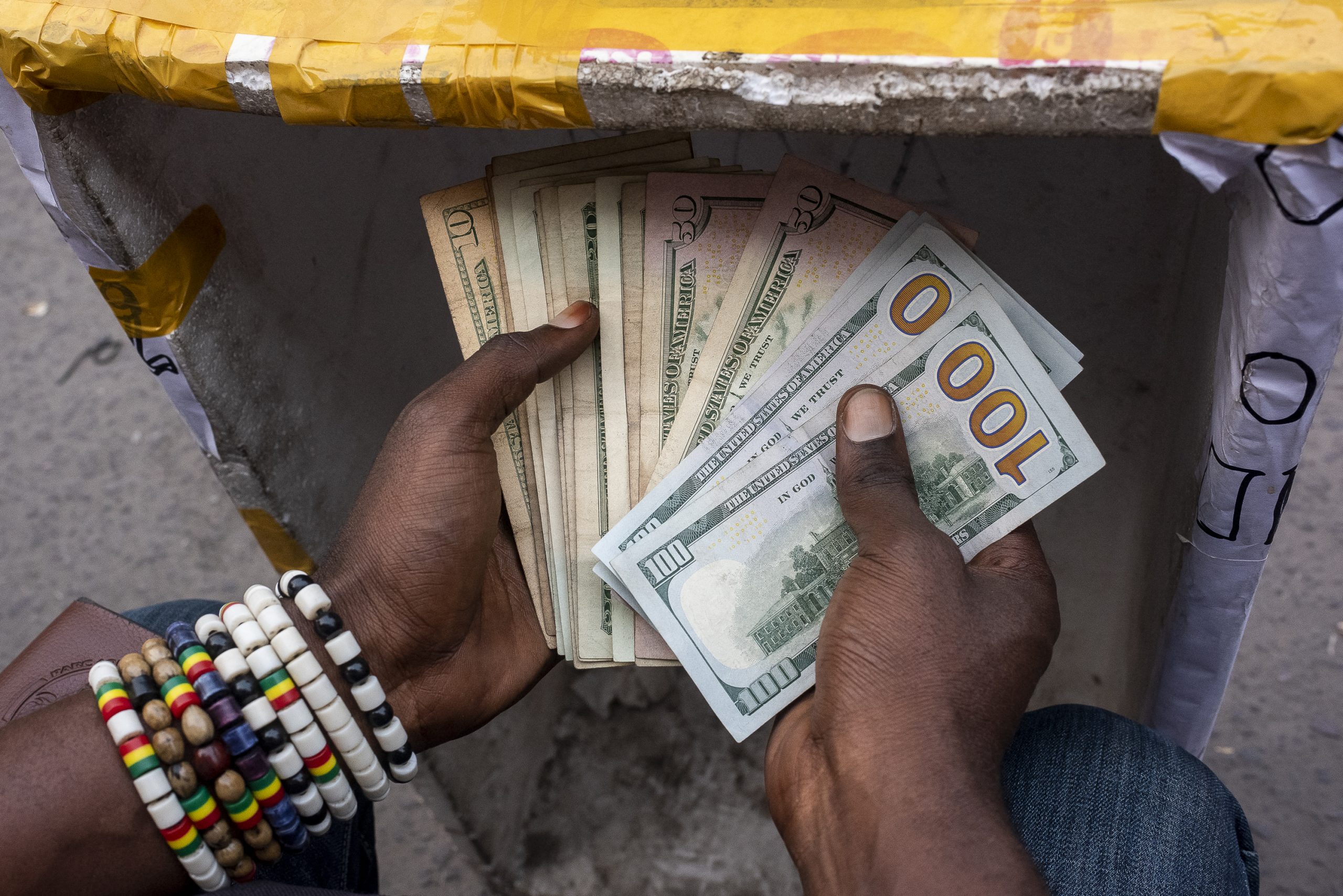In recent months, developments in the Nigerian foreign exchange market have elicited reactions from s
In recent months, developments in the Nigerian foreign exchange market have elicited reactions from stakeholders, some of which reflect understanding while others do not. This piece seeks to throw light on the issues relating to foreign exchange, external reserves and naira exchange rate instability.
Foreign exchange is relevant in the context of world trade, payments and capital flows into and out of a country. It is the monetary instrument for the settlement of international transactions and for financing imbalances in a country’s external payments position vis-à-vis other countries. Foreign exchange forms a major component of a country’s external reserves which according to the International Monetary Fund (IMF) consists of “official public sector foreign assets that are readily available to, and controlled by the monetary authorities, for direct financing of payments imbalances, and directly regulating the magnitude of such imbalances, through intervention in the foreign exchange markets to affect the currency exchange rate and/or for other purposes”.
In light of this, the Central Bank of Nigeria Act, 2007, Section 24, mandates the Bank to maintain external reserve assets in gold coin or bullion, balances in banks outside Nigeria, foreign short-term treasury bills and medium-term securities, Special Drawing Rights (SDR) of the IMF, etc.
These assets have the feature of liquidity and are represented by convertible currencies such as the US dollar, British pound sterling, Chinese Remnibi, Japanese Yen, etc.
As of September 8, 2021, US dollar assets accounted for the lion’s share (72.04%) of Nigeria’s external reserve stock of US$ 36.25 billion.
guardian.ng
